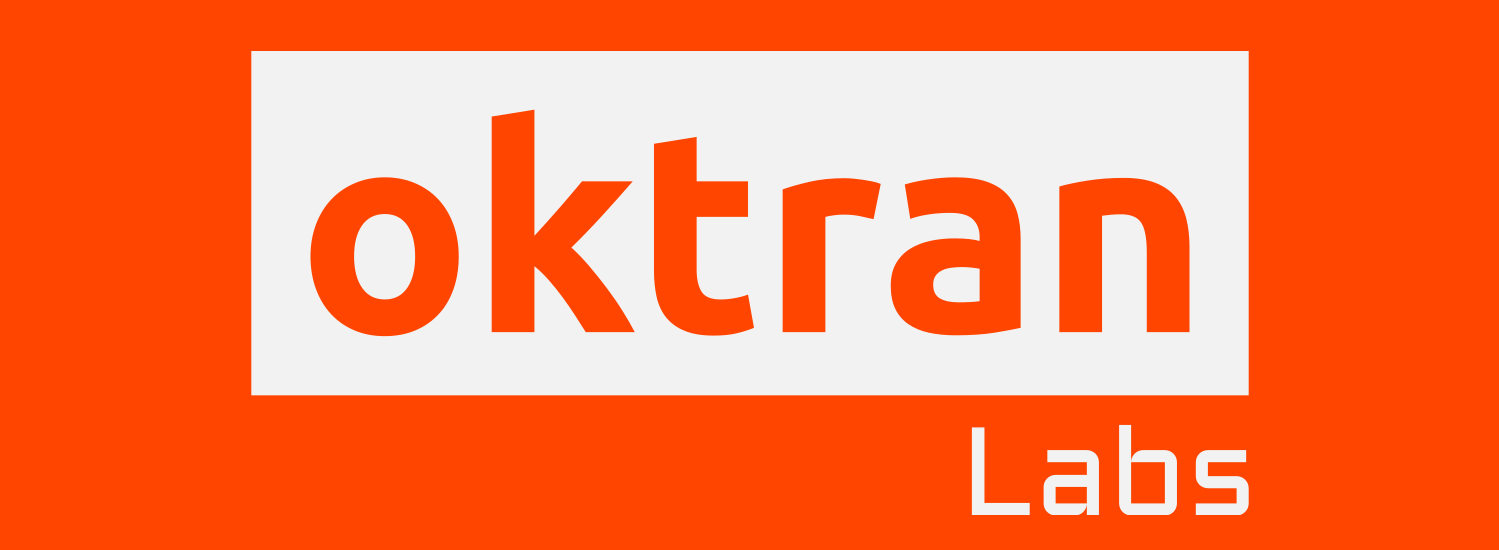Docker: Simplifying Application Development and Deployment

Imagine a world where you can develop and deploy applications without worrying about complex environment setups or compatibility issues. That's the power of Docker, a revolutionary platform that's transforming the way software is built and delivered.
What is Docker?
Docker is a software platform that uses containerization technology to package applications with all their dependencies into standardized units called containers. These containers are lightweight and portable, allowing them to run consistently on any system with Docker installed.
Benefits of Using Docker
- Faster Development: With Docker, developers can spin up new development environments in seconds. This eliminates the time-consuming process of manually configuring dependencies and libraries for each environment.
- Improved Consistency: Docker ensures applications run identically across different environments, from development to testing to production. This eliminates compatibility headaches and bugs that often arise due to environment variations.
- Simplified Deployment: Docker containers are self-contained, making deployment a breeze. You simply ship the container to your target environment and run it.
- Microservices Architecture: Docker is a perfect fit for building microservices architectures, where applications are broken down into smaller, independent services. This allows for faster development, easier scaling, and improved fault tolerance.
Key Components of Docker
- Docker Engine: This is the core software that manages Docker containers. It includes a daemon that runs in the background and a CLI (command-line interface) for interacting with the daemon.
- Docker Images: These are read-only templates that define the contents of a container, including the application code, libraries, and dependencies.
- Docker Hub: This is a public repository where users can find and share Docker images.
Getting Started with Docker
Docker is easy to set up and use. The Docker website provides comprehensive documentation and tutorials to get you started. There are also free and paid Docker Desktop versions available for Windows, macOS, and Linux.
Conclusion
Docker is a powerful tool that can significantly improve the way you develop, deploy, and manage your applications. By leveraging containerization technology, Docker offers increased speed, consistency, and portability, making it an essential part of the modern developer's toolkit. If you're looking to streamline your development workflow and ensure consistent application delivery, Docker is definitely worth exploring.
